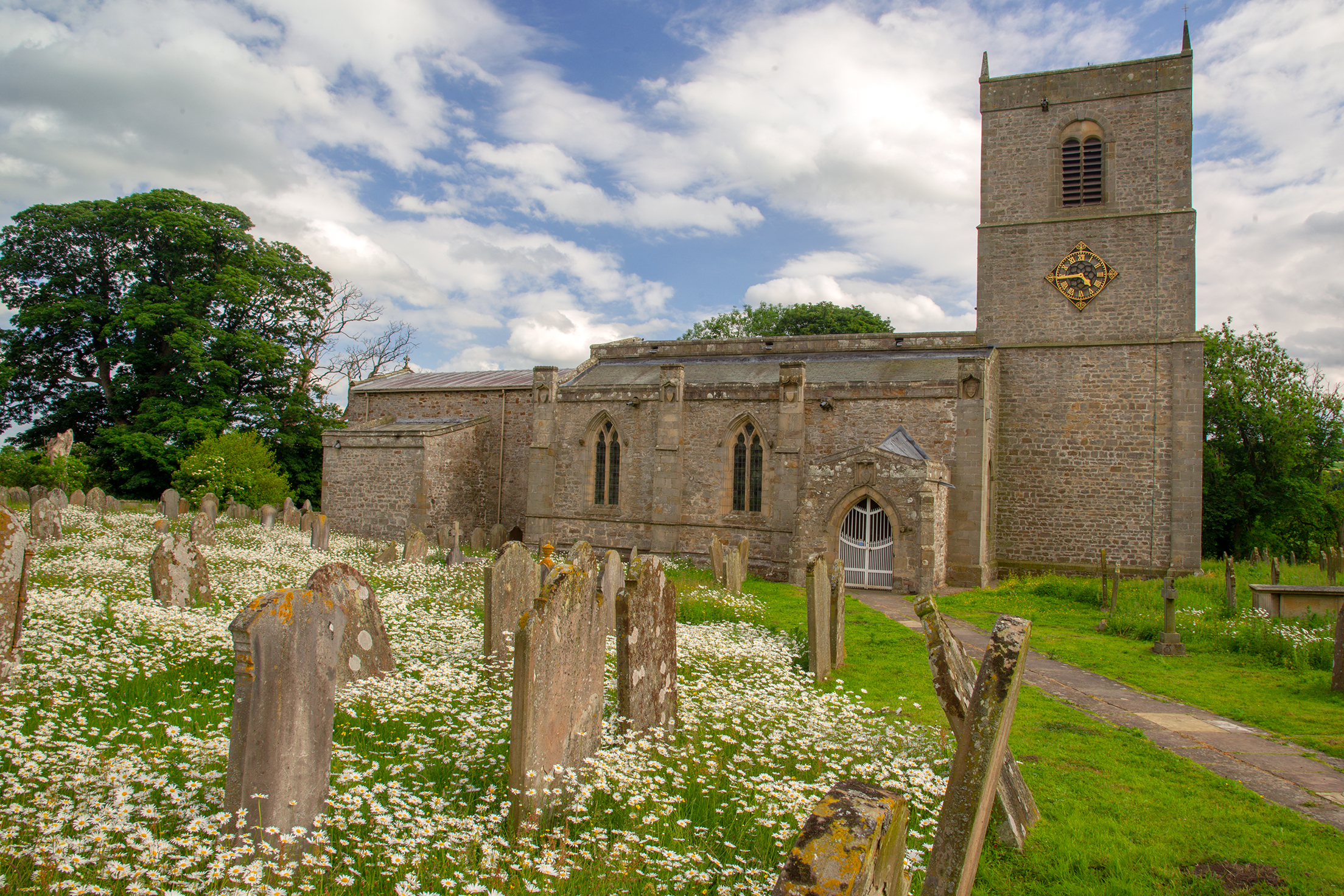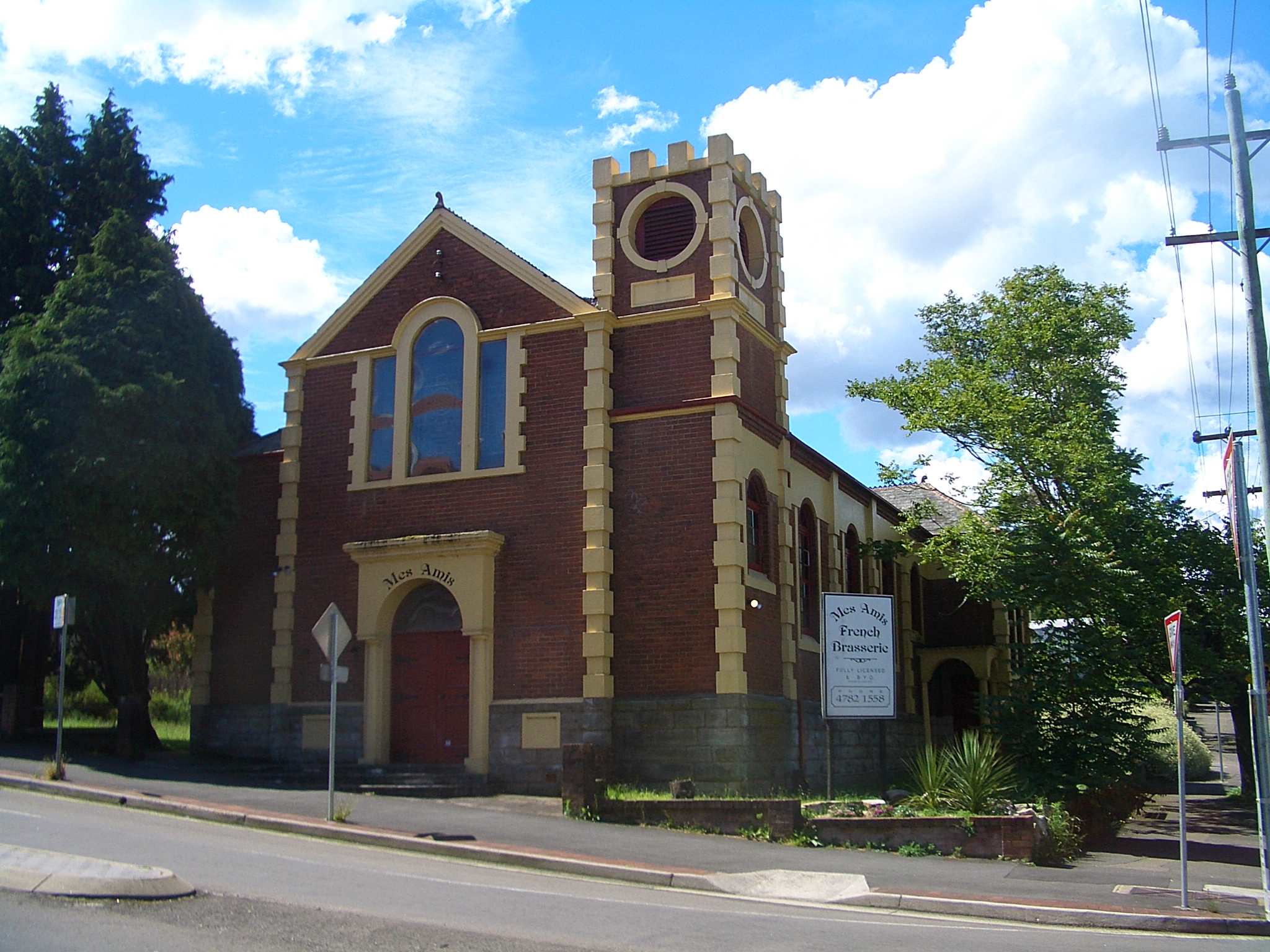|
Profane Use
Profane use is a term used in the Roman Catholic Church to refer to closed parish churches that will no longer be used as churches. This is often done in preparation to sell the former church building to another party. In this context, ''Profane'' does not refer to swearing, but rather to the older definition of those things that take place outside the temple. With church buildings that are to be sold, first the sacred items (such as consecrated hosts) will be removed from the church. The Diocesan Bishop (or Archbishop In Christian denominations, an archbishop is a bishop of higher rank or office. In most cases, such as the Catholic Church, there are many archbishops who either have jurisdiction over an ecclesiastical province in addition to their own archdi ...) will issue a decree stating that the church building has been relegated to profane use. This has the effect of deconsecrating the church building. Once this decree has been made the building is no longer an offi ... [...More Info...] [...Related Items...] OR: [Wikipedia] [Google] [Baidu] |
Catholic Church
The Catholic Church, also known as the Roman Catholic Church, is the largest Christian church, with 1.3 billion baptized Catholics worldwide . It is among the world's oldest and largest international institutions, and has played a prominent role in the history and development of Western civilization.O'Collins, p. v (preface). The church consists of 24 ''sui iuris'' churches, including the Latin Church and 23 Eastern Catholic Churches, which comprise almost 3,500 dioceses and eparchies located around the world. The pope, who is the bishop of Rome, is the chief pastor of the church. The bishopric of Rome, known as the Holy See, is the central governing authority of the church. The administrative body of the Holy See, the Roman Curia, has its principal offices in Vatican City, a small enclave of the Italian city of Rome, of which the pope is head of state. The core beliefs of Catholicism are found in the Nicene Creed. The Catholic Church teaches that it is the on ... [...More Info...] [...Related Items...] OR: [Wikipedia] [Google] [Baidu] |
Redundant Church
A redundant church, now referred to as a "closed church", is a church building that is no longer used for Christian worship. The term most frequently refers to former Anglican churches in the United Kingdom, but may also be used for disused churches in other countries. Reasons for redundancy include population movements, changing social patterns, merging of parishes, and decline in church attendance (especially in the Global North). Historically, redundant churches were often demolished or left to ruin. Today, many are repurposed as community centres, museums or homes, and are demolished only if no alternative can be found. Anglican buildings Although church buildings fall into disuse around the world, the term "redundancy" was particularly used by the Church of England, which had a Redundant Churches Division. As of 2008, it instead refers to such churches as "closed for regular public worship", and the Redundant Churches Division became the Closed Churches Division. [...More Info...] [...Related Items...] OR: [Wikipedia] [Google] [Baidu] |
Profanity
Profanity, also known as cursing, cussing, swearing, bad language, foul language, obscenities, expletives or vulgarism, is a socially offensive use of language. Accordingly, profanity is language use that is sometimes deemed impolite, rude, indecent, or culturally offensive; in certain religions, it constitutes sin. It can show a debasement of someone or something, or be considered an expression of strong feeling towards something. Some words may also be used as intensifiers. In its older, more literal sense, "profanity" refers to a lack of respect for things that are held to be sacred, which implies anything inspiring or deserving of reverence, as well as behaviour showing similar disrespect or causing religious offense. Etymology The term ''profane'' originates from classical Latin , literally "before (outside) the temple", meaning 'outside' and meaning 'temple' or 'sanctuary'. The term ''profane'' carried the meaning of either "desecrating what is holy" or "with ... [...More Info...] [...Related Items...] OR: [Wikipedia] [Google] [Baidu] |
Diocese
In Ecclesiastical polity, church governance, a diocese or bishopric is the ecclesiastical district under the jurisdiction of a bishop. History In the later organization of the Roman Empire, the increasingly subdivided Roman province, provinces were administratively associated in a larger unit, the Roman diocese, diocese (Latin ''dioecesis'', from the Greek language, Greek term διοίκησις, meaning "administration"). Christianity was given legal status in 313 with the Edict of Milan. Churches began to organize themselves into Roman diocese, dioceses based on the Roman diocese, civil dioceses, not on the larger regional imperial districts. These dioceses were often smaller than the Roman province, provinces. Christianity was declared the Empire's State church of the Roman Empire, official religion by Theodosius I in 380. Constantine the Great, Constantine I in 318 gave litigants the right to have court cases transferred from the civil courts to the bishops. This situ ... [...More Info...] [...Related Items...] OR: [Wikipedia] [Google] [Baidu] |
Bishop
A bishop is an ordained clergy member who is entrusted with a position of authority and oversight in a religious institution. In Christianity, bishops are normally responsible for the governance of dioceses. The role or office of bishop is called episcopacy. Organizationally, several Christian denominations utilize ecclesiastical structures that call for the position of bishops, while other denominations have dispensed with this office, seeing it as a symbol of power. Bishops have also exercised political authority. Traditionally, bishops claim apostolic succession, a direct historical lineage dating back to the original Twelve Apostles or Saint Paul. The bishops are by doctrine understood as those who possess the full priesthood given by Jesus Christ, and therefore may ordain other clergy, including other bishops. A person ordained as a deacon, priest (i.e. presbyter), and then bishop is understood to hold the fullness of the ministerial priesthood, given responsibility b ... [...More Info...] [...Related Items...] OR: [Wikipedia] [Google] [Baidu] |
Archbishop
In Christian denominations, an archbishop is a bishop of higher rank or office. In most cases, such as the Catholic Church, there are many archbishops who either have jurisdiction over an ecclesiastical province in addition to their own archdiocese ( with some exceptions), or are otherwise granted a titular archbishopric. In others, such as the Lutheran Church of Sweden and the Church of England, the title is borne by the leader of the denomination. Etymology The word archbishop () comes via the Latin ''archiepiscopus.'' This in turn comes from the Greek , which has as components the etymons -, meaning 'chief', , 'over', and , 'seer'. Early history The earliest appearance of neither the title nor the role can be traced. The title of "metropolitan" was apparently well known by the 4th century, when there are references in the canons of the First Council of Nicæa of 325 and Council of Antioch of 341, though the term seems to be used generally for all higher ranks of bishop ... [...More Info...] [...Related Items...] OR: [Wikipedia] [Google] [Baidu] |
Sordid
Sordid may refer to: * Paul Sordid Paul may refer to: *Paul (given name), a given name (includes a list of people with that name) *Paul (surname), a list of people People Christianity * Paul the Apostle (AD c.5–c.64/65), also known as Saul of Tarsus or Saint Paul, early Chri ... (20th century), English drummer * Sordid (character), a fictional character in the ''Simon the Sorcerer'' series of video games {{Disambig ... [...More Info...] [...Related Items...] OR: [Wikipedia] [Google] [Baidu] |
Deconsecration
Deconsecration, also called secularization, is the act of removing a religious blessing from something that had been previously consecrated by a minister or priest of that religion. The practice is usually performed on churches or synagogues to be rendered to non-religious (secular) use or demolished. See also * Consecration * Desacralization of knowledge * Desecration * Secularization (church property) Secularization is the confiscation of church property by a government, such as in the suppression of monasteries. The term is often used to specifically refer to such confiscations during the French Revolution and the First French Empire in the ..., the confiscation of church property by a government References {{religion-stub Christian worship and liturgy ... [...More Info...] [...Related Items...] OR: [Wikipedia] [Google] [Baidu] |
Catholic Theology And Doctrine
The Catholic Church, also known as the Roman Catholic Church, is the largest Christian church, with 1.3 billion baptized Catholics worldwide . It is among the world's oldest and largest international institutions, and has played a prominent role in the history and development of Western civilization.O'Collins, p. v (preface). The church consists of 24 ''sui iuris'' churches, including the Latin Church and 23 Eastern Catholic Churches, which comprise almost 3,500 dioceses and eparchies located around the world. The pope, who is the bishop of Rome, is the chief pastor of the church. The bishopric of Rome, known as the Holy See, is the central governing authority of the church. The administrative body of the Holy See, the Roman Curia, has its principal offices in Vatican City, a small enclave of the Italian city of Rome, of which the pope is head of state. The core beliefs of Catholicism are found in the Nicene Creed. The Catholic Church teaches that it is the on ... [...More Info...] [...Related Items...] OR: [Wikipedia] [Google] [Baidu] |
.jpg)




